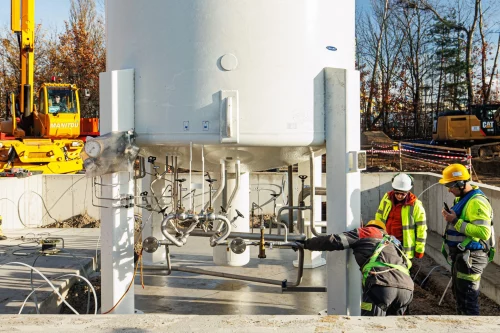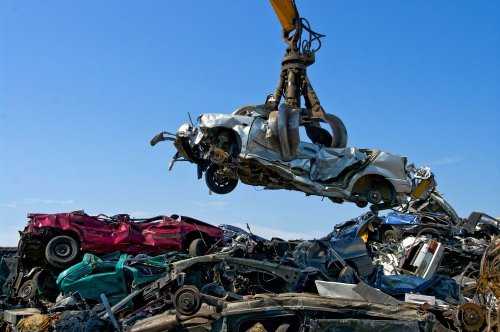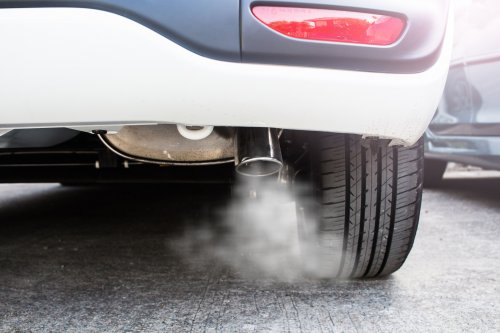Car companies are gradually abandoning ambitious plans to fully electrify their car lineups and recognize the need to keep internal combustion engine cars on the market longer than expected.
This is written by Hi-Tech.Ua.
Among the main reasons for such a decision, they name:
- insufficiently developed charging infrastructure;
- high cost of electric cars;
- insufficient demand for them among consumers;
- economic difficulties.
Some automakers have even suggested that electric cars will never be able to completely replace cars with internal combustion engines (ICE).
Audi, Porsche, Volkswagen and a number of other companies announced their intention to slow down the transition to electric vehicles.
So, in 2021, the Audi brand promised to completely switch to electric cars by 2033. But at the moment, it is seriously considering the possibility of keeping cars with internal combustion engines in its lineup for a longer period.
At the same time, the company is increasing its focus on hybrid vehicles. All future Audi vehicles with internal combustion engines are planned to have a PHEV (plug-in hybrid) option.
Porsche made a similar statement recently. The company was forced to admit that the transition to electric cars turned out to be longer than predicted. The automaker said it is not abandoning its goal of electric cars accounting for more than 80% of sales by the end of the decade, but notes that this transition will largely depend on customer demand.
Bentley, which, like Porsche, belongs to the VW Group, planned to stop the production of gasoline cars by 2030. But for now, the brand has postponed these plans until 2033. Bentley's first electric model will also arrive a year later due to platform and software complications.
As EcoPolitic reported earlier, the demand for electric cars in Ukraine in June increased by 35%.





